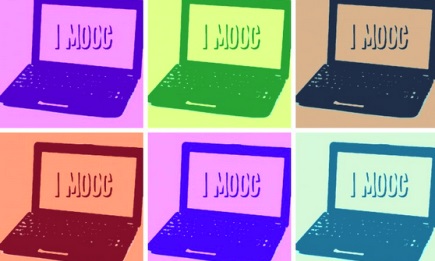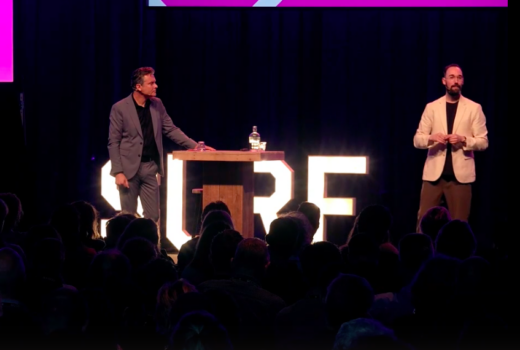MOOC kan goedkoper

Meer hierover in navolgend blog van het blog van Willem van Valkenburg, coördinator TU Delft Open Education Team.
“At the Coursera Partner Conference they announced that the revenue of the Signature Track already exceeded the $ 4 million. This has been achieved through their Coursera certificate track, which, at $30-$100 per course, has seen an average 1.2% conversion rate double up to the current average of 2.4%. With the signature track they can guarentee that you are the person that completed the course. They create a kind of fingerprint of you, based on biometric typing, webcam photo, and photo ID.
If you look at the costs of MOOCs the production costs vary widely. If we take an average of $ 50,000, tt would take 500 students to cover the costs. With the current conversion, you need at least 20,834 students. According to Katy Jordan the average is around 20,000.
I think this number is too high. As Wilfed Rubens is saying this can only be the case for English MOOCs of top professors. The number of MOOCs offered is currently increasing faster than the number of students registering for them. We also see this in our own DelftX MOOCs. So this single revenue model is not enough. We are doing pilots which focus on different aspects of cost reduction and other revenue streams.
Low-cost production
At TU Delft we are doing an experiment with a ‘low-cost mooc’. This means that we have provided the professor with a camera and some TAs to assist him. The rest is all done by them. This model only works for creative and tech-savvy professors. Want to see the result? The course starts this week and you can still register. Another option is to use the content not only for the MOOC, but also for campus education. We will do this with our Solar Energy MOOC, which will start in September.
Funnel
Another approach is that we try to persuade students after the MOOC to start with (online) paid course or programme. This is part of our Delft Extension School. So we are using the MOOCs as marketing tool of our online courses. These different pilots should lead to a sustainable business model. As public university we don’t have to make a profit, but it does have to cover the costs.”
Meest Gelezen
Wederom intimidatie van journalisten door universiteit, nu in Delft
‘Burgerschapsonderwijs moet ook verplicht worden in hbo en wo’
Raad van State: laat taaltoets nog niet gelden voor hbo-opleidingen
Vrouwen houden universiteit draaiende, maar krijgen daarvoor geen waardering
Extra geld voor bètafaculteiten is daar nooit terechtgekomen



